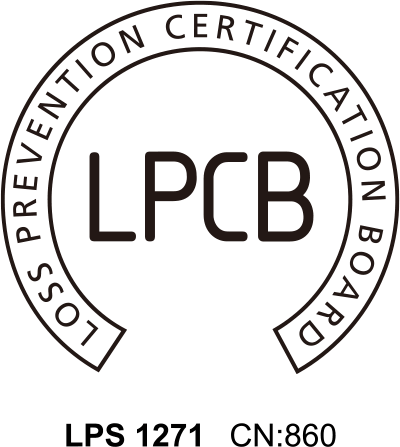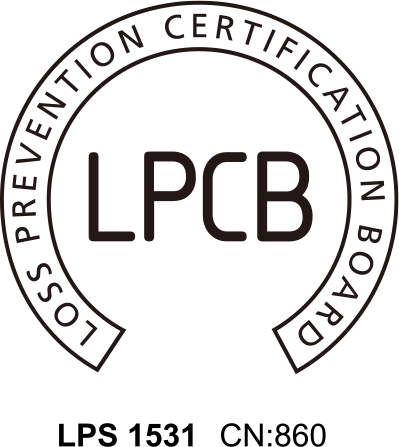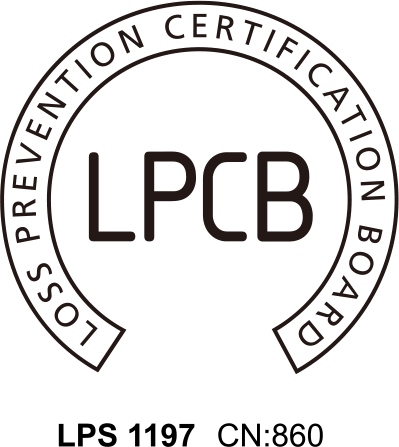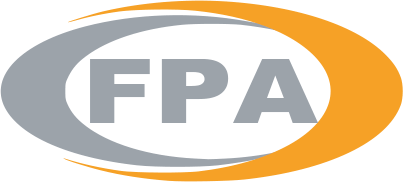Nobody expects a fire in their premises; however, when a fire hits the results can be catastrophic. Expensive repair bills, costly downtime and a delay in business operations all affect your bottom line and in the worst cases, it endangers lives.
The best way to protect your people and properties is to prevent the spread of fire altogether. At Checkmate Fire, we strongly recommend our customers to perform regular maintenance checks to their fire doors to help reduce the risk of fire spread. Fire doors are an important safety feature of any building in which people work or visit, as they provide resistance to the spread of smoke and fire. This becomes particularly important in the protection of the escape route.
Regular checks
In order to stay within the law building owners must ensure that their fire safety measures including fire doors and escape doors are maintained as fit-for-purpose.

Article 17 of the Fire Safety Order places a legal obligation on them to have a suitable maintenance regime to ensure relevant equipment is kept in an efficient state’. As you would expect this not only refers to alarms, extinguishers and means of escape but also the fire doors that protect escape routes by resisting fire and smoke spread and the escape doors used to reach a place of safety.
Thus, keeping fire doors in working order both internally and externally is essential. Not only does it help ensure you and your building remain compliant, it also reduces maintenance costs by catching defects early before a door needs replacing. Depending on the location, usage and footfall level of the door, you can choose the level of inspection for example:
Weekly Check – Busy traffic routes
Monthly check – traffic routes, main entrances and corridors
Quarterly check – doors to offices, classrooms, student rooms, etc
6 monthly check – all other doors
Inspect the key aspects of the door
While Checkmate Fire can carry out a thorough door survey issuing a report of work required, which we can complete for you providing certification on completion. You can carry out some quite rudimentary checks such as checking that your doors still have their Label (on top of the door), check for gaps around the top and sides of the door are less than 4mm when closed. The gap on the bottom can be slightly larger and it’s also worth checking any drop-down seals are fully functional.
Check for wear and tear
Look for your intumescent seals around your door or frame and ensure they’re intact with no sign of damage or painted over.
Screws and hinges
Check all hinges are firmly fixed (three or more of them), with no missing or broken screws and finally check the door closes firmly onto the latch without sticking on the floor or frame.
Vision Panels
Ensure vision panels are intact and without gaps or holes in the beading retaining the glass.
Checkmate Fire are accredited by BRE to carry out each key, critical element, of fire door services, such as fire door surveys, remediation’s and installations. It pays to get regular and frequent fire door surveys that lead to remediation’s rather than replacements.
Checkmate Fire offer a professional, experienced and quality service, that provides you with the certification you need. Fully LPCB accredited surveys, remediation and were necessary installations should be carried out periodically at least every six months.
Have you had your fire doors surveyed recently?
For further information and advice on fire door maintenance, compliance and installation, please call us on 01422 376436, or contact us.
Related news articles

Workplace Fires: The Importance of Staying Aware
Checkmate helps businesses and public sector organisations safeguard their customers and staff through the implementation of life-saving firestopping solutions.

Don't be Passe about Passive Fire Protection
It can be all too easy to lose sight of critical fire safety features, either because they’re in plain sight and taken for granted, or because they are hidden away in a building’s fabric.

Why Fire Doors are so Important
A fire door is one of the most important fire safety products on your premises. It will prevent the fire or smoke from spreading across the building

The Importance of Passive Fire Protection in Buildings
It is hard to over-emphasize the importance of a passive fire protection (PFP) strategy and its subsequent governance in buildings. Comprising some kind of an assessment of the likely fire.





















